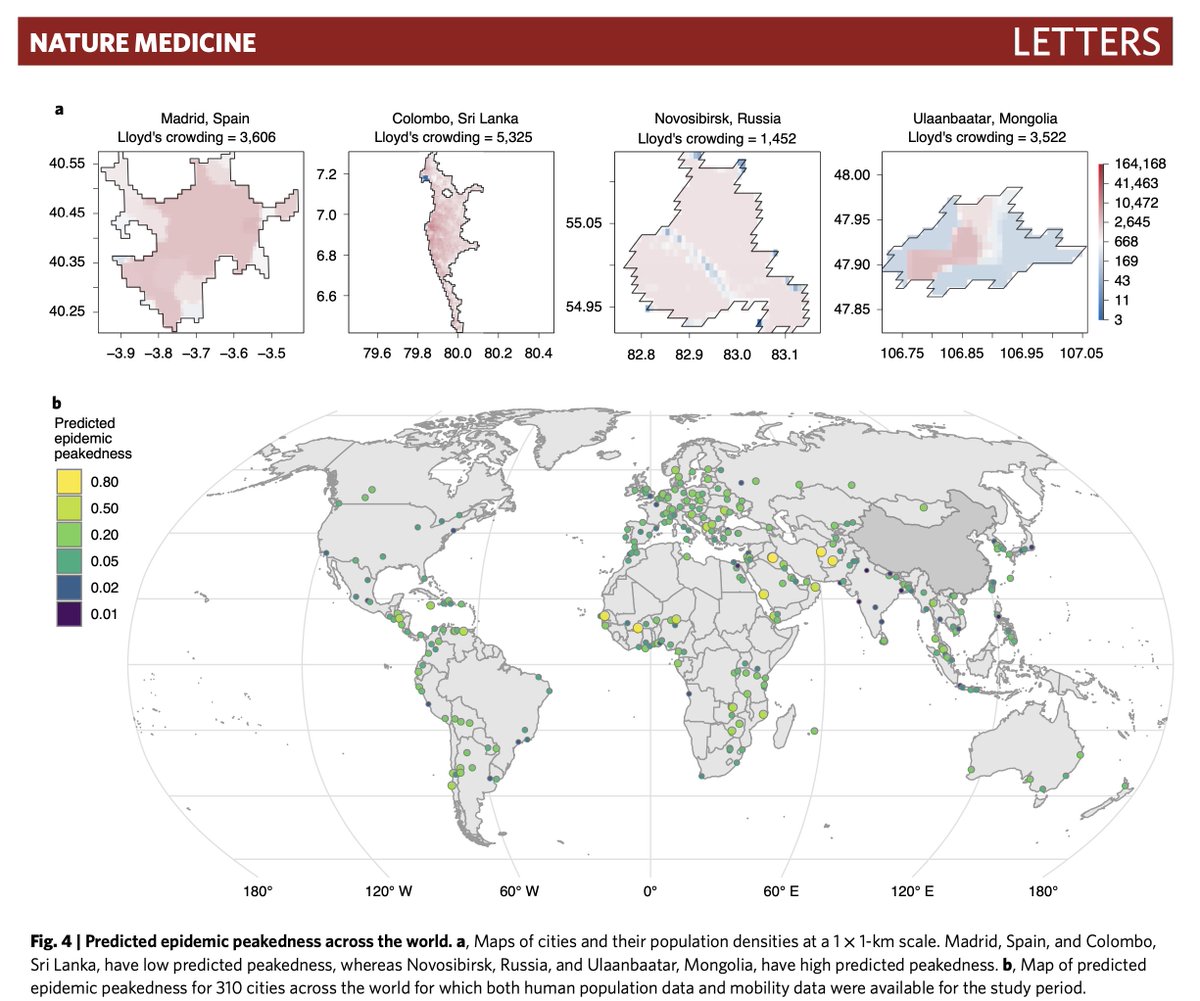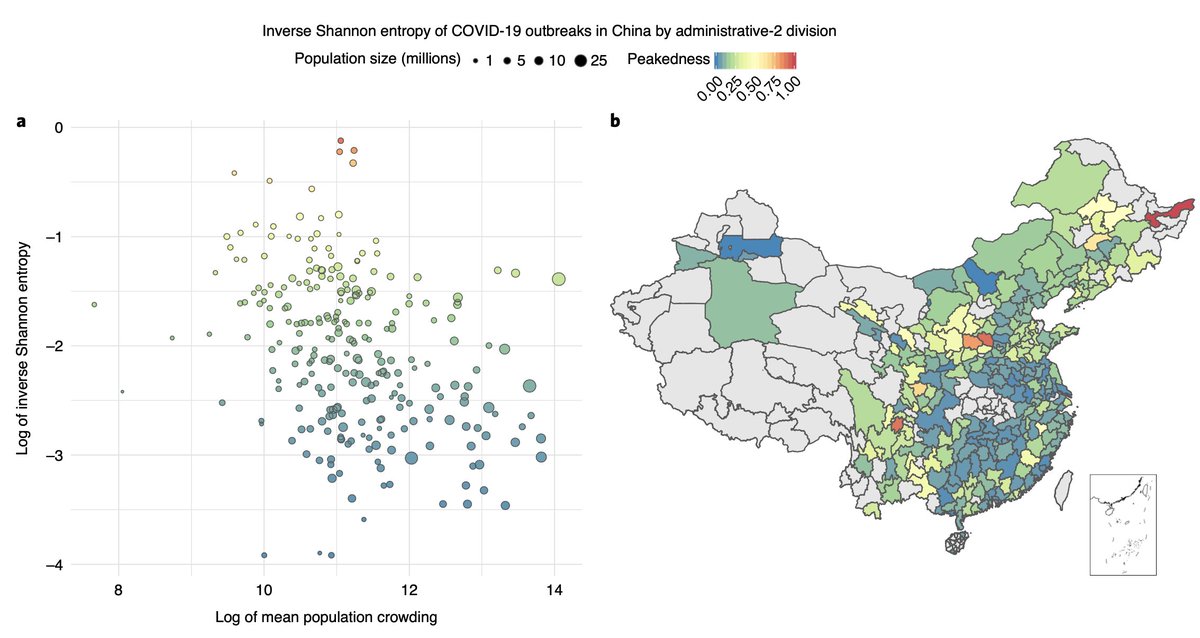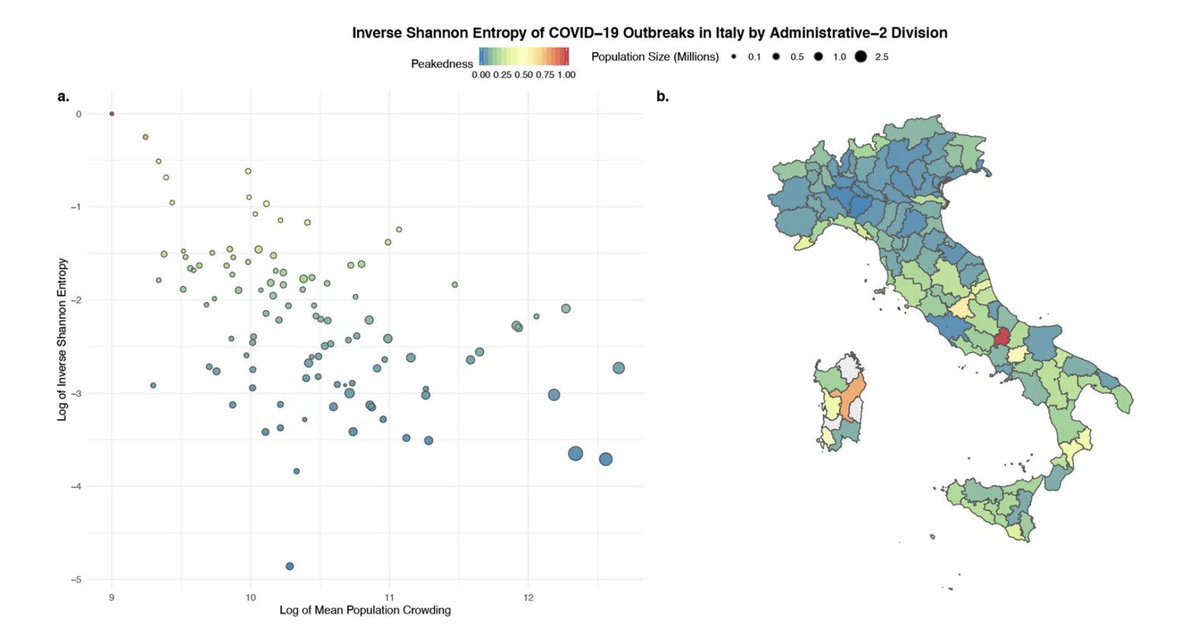
For the past year, we've been building an open data platform for tracking epidemics and curating a global repository of #COVID19 cases. Today, with support from @Googleorg & @RockefellerFdn, I'm proud to introduce @globaldothealth. 1/13
Global.health includes teams at @bostonchildrens, @northeastern, @UniofOxford, @UW, @JHSPH_CHS, & @georgetown_ghss.
And I'm deeply proud to co-lead with @MOUGK, @johnbrownstein, @RebeccaKatz5, @cmyeaton, @davidmpigott, @joebrilliant, @Jared_B_Hawkins, & @_emcohn. 2/13
And I'm deeply proud to co-lead with @MOUGK, @johnbrownstein, @RebeccaKatz5, @cmyeaton, @davidmpigott, @joebrilliant, @Jared_B_Hawkins, & @_emcohn. 2/13
We have an amazing team of engineers, academics, technologists, and entrepreneurs; many of whom have volunteered hundreds of hours helping us build Global.health. You can learn about them and their incredible work here: global.health/about/ 3/13
Including the amazingly talented @rawbubble who, with design support from our @Googleorg Fellows and @Google volunteers, led the implementation and development of our website global.health 4/13
The project started in Jan. 2020 as a volunteer initiative to capture and digitize nCoV-2019 case reports. @MOUGK's first post, describing the open data being curated by @davidmpigott, Moritz, and an international team, is still live on Virological. 5/13 virological.org/t/epidemiologi…
In Feb, we integrated our data with @healthmap and their team of engineers (w/ support from @Mapbox) helped us scale from 10k to ~100k individual #COVID19 cases. @sasvoboda produced an incredible piece for @VICE detailing our efforts. 6/13
By April, we hit the limit of what Google Sheets could handle (~80,000 cases). And, through @Google's COVID initiatives, we worked w/ 10 full-time Google.org Fellows & 7 part-time Google volunteers for 6 months to build a new platform. 7/13 blog.google/outreach-initi…
Writing for the @NYTmag, in mid-summer, @stevenbjohnson, said we had what, "may well be the single most accurate portrait of the virus’s spread through the human population in existence." 8/13 nytimes.com/interactive/20…
This fall, we received funding from @Googleorg and @RockefellerFdn to launch Global.health, scale our #COVID19 database, and begin preparing for future epidemics. Learn more in @KatieMPalmer's fantastic new piece in @statnews. 9/13 statnews.com/2021/02/24/glo…
Today, we have ~10M individual-level, anonymized #COVID19 cases from 160 countries in an open access data base and are processing another 15M, which we plan to release over the coming weeks. These data represent >20% of all reported cases globally. 10/13 map.covid-19.global.health/#country 

In addition, we are tracking almost 2,000 cases of the B.1.351 and P.1 variants globally across >20 countries. 11/13 map.covid-19.global.health/#country-b1351 

Writing for @nature, @amymaxmen says of our launch, "An enormous international database launched today will help epidemiologists to answer burning questions about the coronavirus SARS-CoV-2, such as how rapidly new variants spread among people..." 12/13 nature.com/articles/d4158…
What's next? Our mission is simple, to ensure that societies never again experience the pain and devastation of a pandemic. Whether it's established pathogens like tuberculosis or the next #COVID19 our data systems are ready to respond. Join us @globaldothealth. 13/13 

• • •
Missing some Tweet in this thread? You can try to
force a refresh







